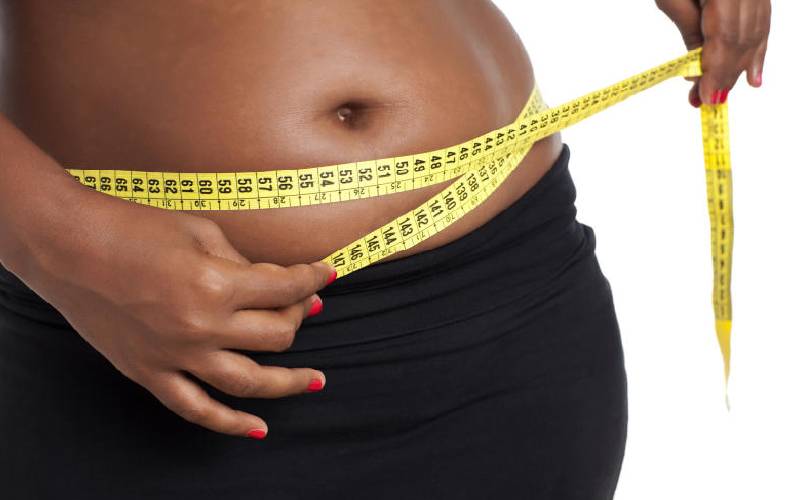
?In your experience, what is the best weight loss diet?
Bold Reporting Takes Time, Courage and Investment. Stand With Us.
- Unlimited access to all premium content
- Uninterrupted ad-free browsing experience
- Mobile-optimized reading experience
- Weekly Newsletters
- MPesa, Airtel Money and Cards accepted
